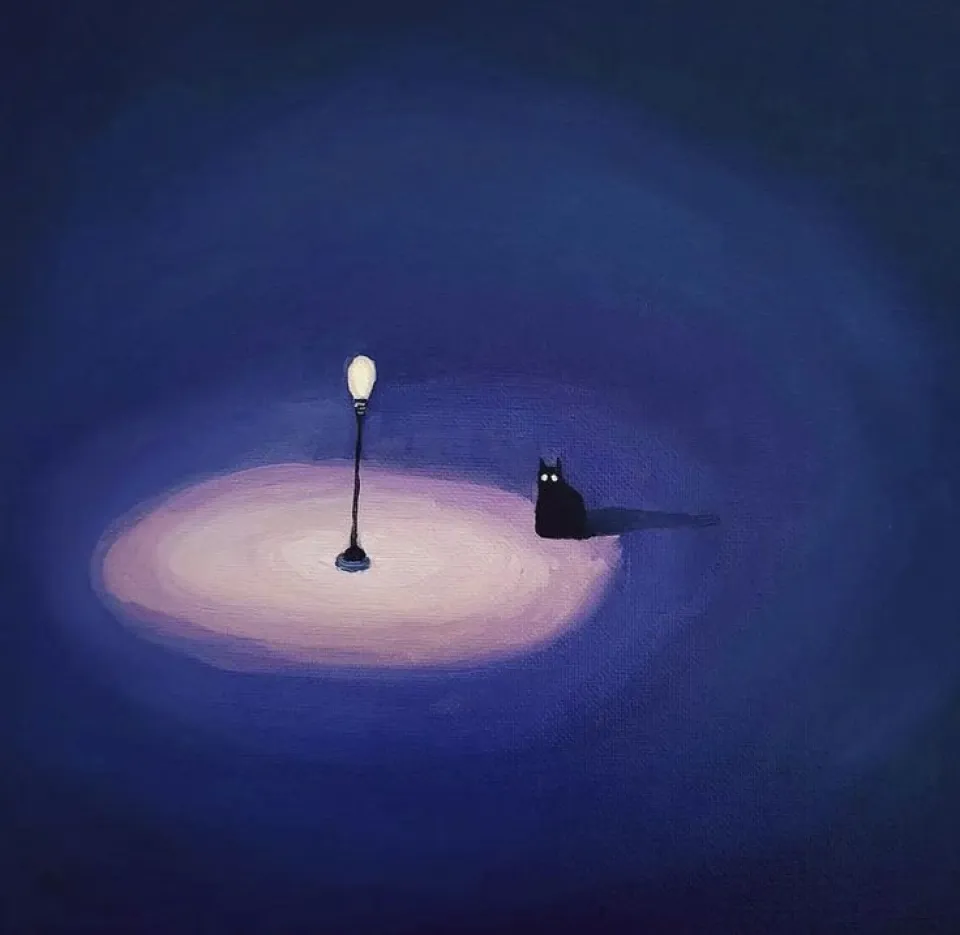In the scorching desert landscape of northern Nigeria, where the sun dipped into the horizon and painted the sky with hues of crimson and gold, there lived a young girl named Murja. Her eyes sparkled like the stars on a clear night, and her smile could light up the darkest of rooms. Murja's life was a testament to the resilience of the human spirit, a spirit that had been forged in the fire of hardship and adversity.
Murja lived in a small village on the outskirts of Kano, where the thatched roofs of the mud huts seemed to blend seamlessly into the desert landscape. Her father, Mallam Abdullahi, was a poor farmer who struggled to make ends meet. The drought that had plagued the land for years had left his farm barren and unyielding.
Murja's mother, Hajiya Aisha, was a kind and gentle soul who had been forced to take on the responsibility of providing for the family. She sold fried doughnuts and other snacks at the local market, but the meager income was barely enough to feed the family.
Despite the hardships they faced, Murja's family was a happy one. They found joy in the simple things, like the sound of the azan calling the faithful to prayer, or the smell of jollof rice cooking over an open flame.
But Murja's life was about to take a dramatic turn. One day, while on her way to the market to help her mother, Murja stumbled upon a young girl named Summaya. Summaya was a beautiful and vibrant girl, with skin as black as coal and hair as bright as the sun. She was a Fulani girl, a member of a nomadic tribe that roamed the deserts and grasslands of northern Nigeria.
Summaya had been forced to flee her village after her family had been attacked by Boko Haram insurgents. She had been walking for days, surviving on scraps and sheer determination. Murja, moved by Summaya's story, decided to take her in and introduce her to her family.
As Summaya settled into her new life, she and Murja became inseparable. They explored the desert landscape together, sharing stories and laughter. Summaya was fascinated by Murja's stories of life in the village, and Murja was captivated by Summaya's tales of life on the move.
But their happiness was short-lived. One day, Mallam Abdullahi received a visit from the village elder, who informed him that the village had been selected for a government-sponsored program to provide aid to poor farmers. However, there was a catch: the program was only available to families who had a male child.
Mallam Abdullahi was devastated. He had always dreamed of providing a better life for his family, but now it seemed that dream was slipping through his fingers. Murja, determined to help her family, decided to take matters into her own hands.
She began to sneak out of the village at night, disguising herself as a boy to work on a nearby farm. The work was backbreaking, but Murja was determined to provide for her family. Summaya, who had been watching from the sidelines, decided to join Murja on her nocturnal adventures.
Together, they worked tirelessly, their bodies bent and their hands raw. But their hard work paid off, and soon they were able to provide for their families.
However, their success was short-lived. One night, as they were making their way back to the village, they were caught by a group of Boko Haram insurgents. The insurgents, who had been terrorizing the region for years, were determined to punish Murja and Summaya for their defiance.
In a shocking twist, it was revealed that Summaya's brother, who had been presumed dead, was actually one of the insurgents. He had been brainwashed by the group and had lost all sense of his former life.
Murja and Summaya were taken captive, forced to endure unimaginable hardships at the hands of their captors. But even in the midst of such horror, they found solace in each other's company.
In a daring escape, they managed to flee their captors, making their way back to the village.









